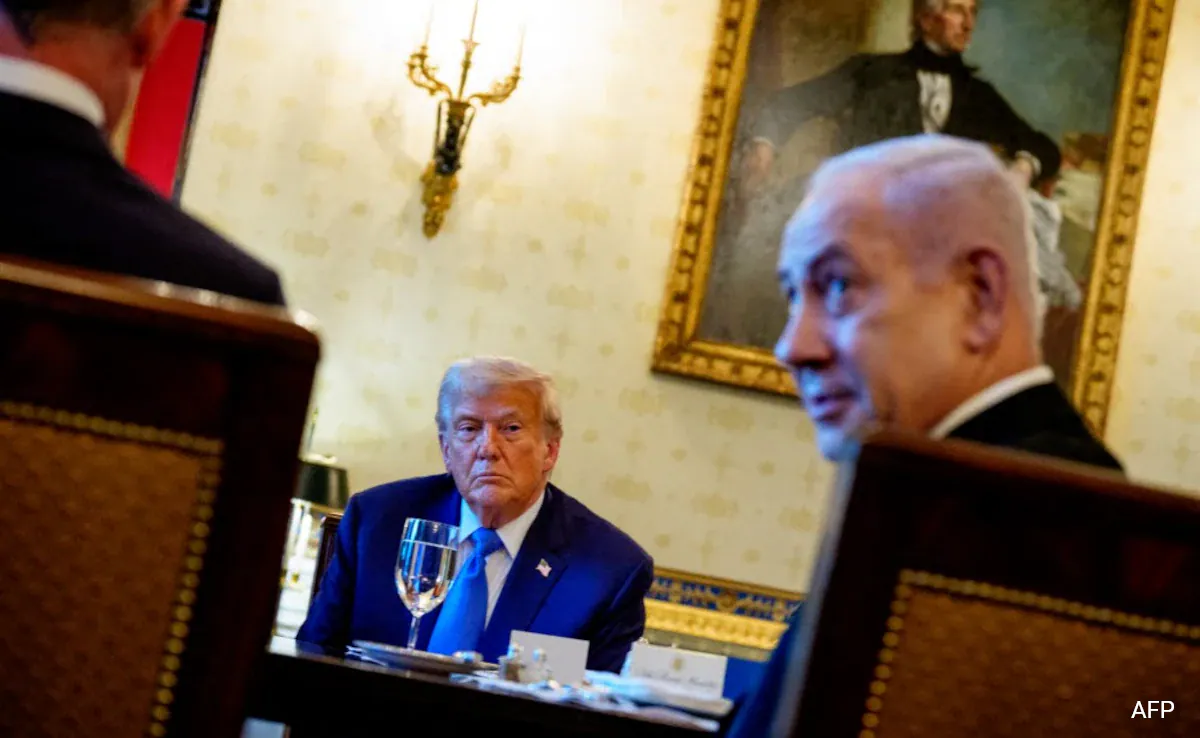Israeli Prime Minister Benjamin Netanyahu finds himself at a political crossroads, as mounting pressure from former U.S. President Donald Trump and his administration edges him closer to agreeing to a proposed Gaza peace plan. The deal — reportedly drafted and championed by Trump — is expected to be unveiled following a key meeting between Trump and Netanyahu scheduled for Monday.
Stakes Rise for Netanyahu
Trump has publicly stated that his Gaza peace initiative is “in its final stages,” asserting that Netanyahu is now “on board.” However, the Israeli leader’s public remarks have remained notably vague. Israeli officials, speaking off the record, acknowledge that discussions are moving closer to agreement. A recent all-day meeting in New York involving Netanyahu, Jared Kushner, and U.S. envoy Steve Witkoff reportedly reduced some of the outstanding gaps between Israel and the U.S. on key terms of Trump’s 21-point plan.
Despite this, Netanyahu faces internal challenges. His ultranationalist coalition partners continue to push for a more hardline approach toward Hamas and Gaza, resisting concessions. Meanwhile, advisers from Trump’s orbit warn that if Netanyahu declines the deal now, he risks being held responsible for prolonging the war and worsening the humanitarian crisis in Gaza.
Trump’s Urgency
From Washington’s perspective, the deal is more than just another diplomatic initiative. Trump’s aides view Gaza as a test of his foreign policy credibility — arguing that failure to secure peace would undermine his standing both internationally and domestically. Some officials believe that the former president could openly criticize Netanyahu if the Israeli leader rejects the proposal.
In their view, the Arab states are nearly fully supportive of Trump’s plan and the U.S. is now waiting on Netanyahu’s definitive agreement to move forward. The White House has signaled expectations that Hamas, too, would need to eventually endorse the deal.
What’s Next
- Meeting day: On Monday, Netanyahu and Trump are slated to meet at the White House. The agenda includes a working lunch and a public press briefing, where the announcement of the peace proposal is possible.
- Potential fallout: Netanyahu’s domestic political position may suffer if he accepts terms viewed by his base as too conciliatory. On the other hand, rejecting the deal could draw criticism — even from allies — for prolonging conflict and suffering in Gaza.
- Regional dynamics: Arab states reportedly backing the plan almost unanimously adds weight to the deal. Such regional alignment could increase diplomatic and public pressure on Israel.
The outcome of Monday’s meeting could reshape the trajectory of the Israel-Gaza conflict — possibly instilling a fragile pathway toward peace, with heavy political risks for both sides.
















Leave a Reply